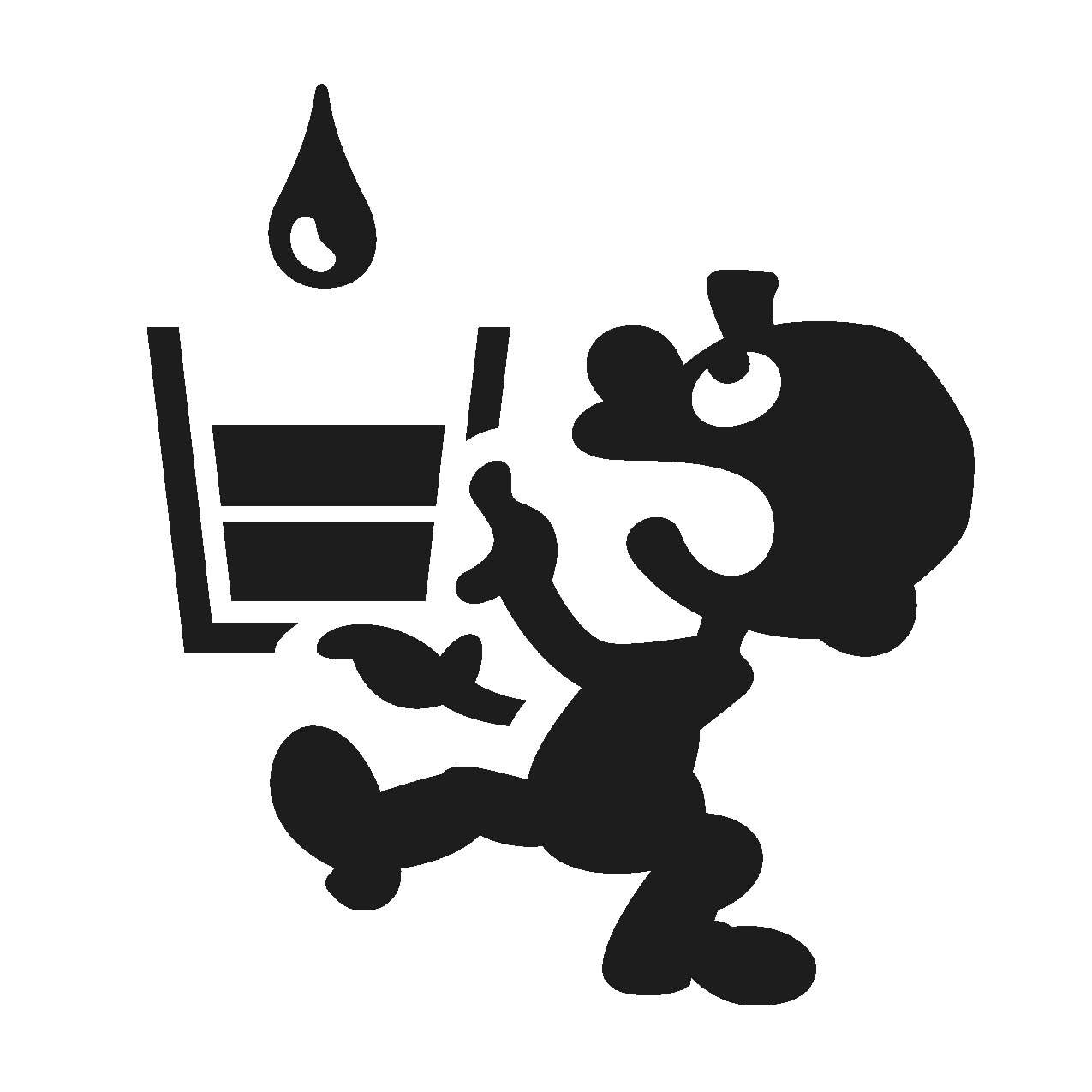The US Copyright Office offers creative workers a powerful labor protective.
This ruling seems to be really badly misinterpreted. The case wasn’t for people using ai tools to create works but from a computer scientist who created a completely autonomous tool and was trying to co-copyright the works with the tool. Copyright needs human involvement, how much human involvement is still not hard law, but if you integrate the output of an AI and integrate it into a larger work that is very much covered.
It took me a couple of clicks to discover that, as I suspected, this article is about the Stephen Thaler case. Thaler was trying to argue that the AI itself should hold the copyright for the images it generates.
This is both a ludicrous argument and irrelevant to the overall issue of whether AI-generated art is copyrightable. AIs are not legal persons, and only legal persons can hold copyright over someting. The result of this lawsuit is straightforward and expected.
In my opinion, the copyright should be based on the training data. Scraped the internet for data? Public domain. Handpicked your own dataset created completely by you? The output should still belong to you. Seems weird otherwise.
The issue here is if you’d need to prove where your data came from. So the default should be public unless you can prove the source of all the training data
Removed by mod
totally. and if scraped, they must be able to provide the source. I don’t care if it costs them money/compute time. They are allowed to grow with fake money after all
deleted by creator
I think the next big thing is going to be proving the provenience of training data. Kinda like being able to track a burger back to the farm(s) to prevent the spread of disease.
There was an onlyfans creator on a chat group for one of the less restricted machine learning image generators a while ago.
They provided a load of their content, and there was a cash prize for generating content that was indistinguishable from them.
Provided they were sure that the dataset was only their content, they might be able to claim copyright under this.
This is good. I don’t agree with copyrightable works by AI because I don’t agree with copyright at all, at least not as it currently exists. Patents, too.
It has always felt like a contrived game to me, but that game has far too much impact on peoples lives.
Copyright laws and parents IMO do have a purpose and in the current state of the world IMO something like them is needed. But their current implementations last vastly too long and give far too many protections to the owners of them.
Personally I would rather see a world with a UBI and thus no need for artists and inventors to need to profit of their works (without others being able to just steal and profit for them selves). If we had a UBI then IMO we could likely do away with the copyright laws for the most part.
But we don’t have that and artists/inventors do need to make a living. So some protections to allow them to do this are currently required. But they have been flipped to give large corporations far too much control and need a big revamp in how they work to rebalance them.
Also, this case does not make AI works uncopyrightable - only those that have no human input. So is not as big a deal as these articles are making it out to be.
Also, this case does not make AI works uncopyrightable - only those that have no human input.
This is really important. The particular case tried a very difficult argument, that works created by machine have copyright regardless of human input, which no serious copyright experts thought would work because it’s been pretty comprehensively litigated that human creativity is required
They also tried to argue the much more plausible theory that the prompt had creativity, and that the copyright flows down from the prompt to the AI-generated work, but the type of suit they brought didn’t permit that argument. That theory still needs to be litigated, and while I would be a bit surprised to see it work, it’s entirely possible it will. So I’m not ready to say all AI-generated work is PD just yet.
Of course, regardless of if what comes out of the AI is PD, you can make enough modifications to a PD work and create something you can copyright. Many people are doing enough “touch-ups” to AI art that the final product is potentially copyrightable. Amusingly, the better the generator, the less the human has to do here, and the weaker the protection becomes.
I am not sure that “touch-ups” are considered creative enough alterations to be able to copyright the resultant work. Minor touch-ups do not seem to be at least.
What is interesting is this copyright claim is far more damning for AI work than the case that all these articles going around are making. Though I don’t know if this has been tested in court yet.
it basically claims that since AI generated images are hard to predict there is not a strong enough chain between the prompt and the result that shows you have enough of an influence over the generated image. And that generating lots of images until one matches what you envisioned is also not good enough, like how searching the internet for an image that matches what you envisioned does not give you copyright over it.
It also shows that minor alterations are not enough to claim copyright on the image.
What is the legal definition of AI? Do we have one?
The thing is, all the inputs to the LLMs and Stable Diffusion/DALL-E models are scraped from internet stuff anyway.
I sincerely hope that somebody who released material under GPL is able to prove that they incorporated it into their model. You know it happened.
Is that why we are being told to “fear” AI? Because it can’t be easily monitised by those who worry about such things.
I too believe that AI work should be public domain by default.
If there were a machine on the street corner where pushed a button and a macguffin popped out, you don’t deserve credit for the macguffin.
If you entered parameters into the machine on the street corner and pushed a button to pop out a custom macguffin, you may be able to argue that you deserve credit for the parameters, but not the macguffin itself AND FURTHERMORE if anyone else wrote custom parameters that happened to produce an identical macguffin without ever having read your parameters, they have exactly as much right to gatekeep it. which is to say basically none.
If you’ve spent some time with AI already you’ve probably realised that it takes some level of domain-specific information to get AI to produce a useful output. For example, people who are already artistic are better at getting artistically interesting images out of an AI. The idea and the guidance have value and are essential to the outcome. Prompt engineering is a very real skill.
Now this case is about an autonomous tool, which by definition doesn’t include a human’s guidance. I agree that the waters here are definitely murkier. If however, you put a blanket over all AI-assisted works and say that the author/engineer doesn’t deserve credit, or protection, then I think you’re off the mark.
Hard disagree, there is a near certainty that any work produced from a current generative “ai” model includes material scraped from the web in violation of the release license.
Whatever skill they apply, it’s still by default an unlicensed derivative work.









